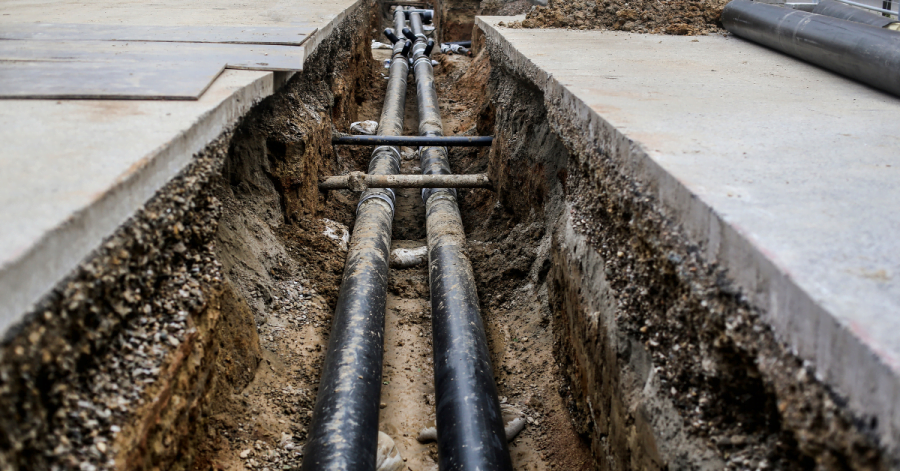Degrading pipes and aging drain systems in homes or commercial buildings can cause not only costly damage but serious health hazards if contaminants leach into soil or water supplies. As per relining experts, The Relining Company, rather than excavating for full pipe replacements, trenchless pipe relining provides an efficient, minimally disruptive solution that essentially creates new pipe walls within the damaged infrastructure. But how much do pipe relining cost in Australia? Let’s find out.
Table of Contents
Average Cost Factors for Pipe Relining Projects
On average most standard residential reline projects including materials and professional service fees cost around $4,000 to $8,000 depending on the length and type of pipes treated. Sizes range from 100mm up to 300mm for typical homes. Commercial and industrial projects entailing complex pipe networks are far more variable, but often fall in the range of $15,000 to $60,000+ for large-scale repairs.

However, many specifics determine overall pipe relining budgets including:
Access issues — Ease of accessing pipe segments (or tight spots requiring remote camera guiding)
- Pipe material — Clay, concrete, PVC, galvanized steel, etc. affect prep work
- Pipe diameters — Larger pipes have more surface area for sealing
- Total pipe length requiring repair
- Number of junctions or bends needing liners
- Extent of rust, breaches, root ingress or other damage
- Availability of hot water for proper resin curing
- Remote location factors adding travel fees
- Process Stages Impacting Price
The pipe relining process itself in Australia generally involves four main stages, each incurring costs:
Pipe Inspection – Using a specialized remote camera connected to a crawler unit, technicians thoroughly inspect the interior pipe conditions, note damage areas and measurements to plan the relining approach. Average price is around $150 per hour.
Pipe Cleaning and Preparation – Compressed air, water jets or mechanical scrubbers will scour pipe interiors to clear dirt, debris and corroded metal in preparation for the liner. Average fees range from $250 – $500 for this phase.
CIPP Lining Installation – The thermosetting resin-saturated liner tube is inserted through an access point like a drain or vent stack then expanded by an inflation bladder until the liner adheres tightly to the pipe walls once cured. Liner installation fees typically run $200 upwards per linear meter depending on pipe size.
Final Testing and Cutting – Technicians use cameras and diagnostic testing to validate no leaks before trimming ends and reconnecting lines into the pipe system. Expect final testing fees around $500 or more.

Project Management Costs
In addition to direct process fees, extensive planning, permitting, materials purchasing, site supervision and project management tasks conducted by licensed plumbers also add substantially to overall job costs for pipe relining rather than simple DIY repairs. Experienced plumbing contractors guarantee quality control and long-lasting repairs from this advanced technique.

Key Price Factors to Consider
When evaluating project price estimates, key considerations include:
- How extensively are pipes currently damaged? The liner seals serious problems.
- Are access points adequate or will walls/floors need to be opened?
- Does the building layout allow equipment transport to all areas?
- Are multi-unit buildings increasing in complexity?
Conclusion
While costs can add up for large commercial sites, pipe relining ultimately prevents even more costly outright pipe replacements saved through this trenchless technology. And investing in high-quality CIPP repairs will continue protecting properties for decades with this 50+ year solution.

